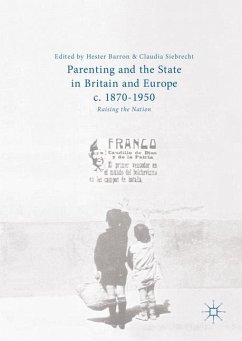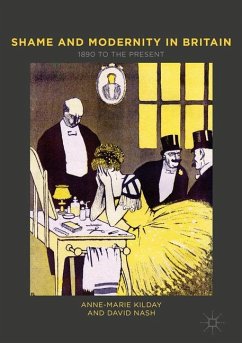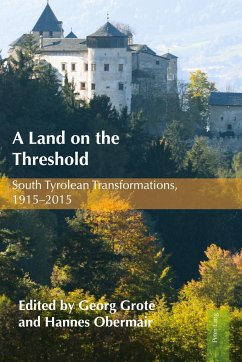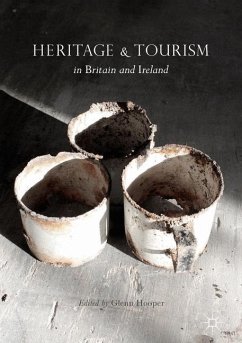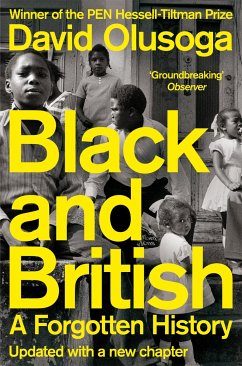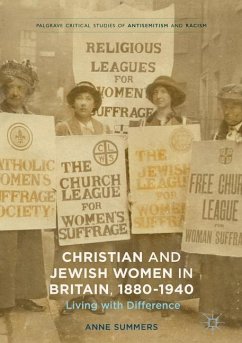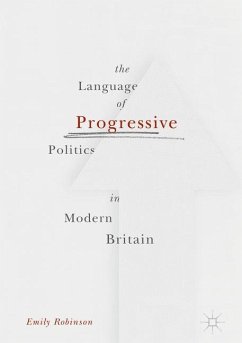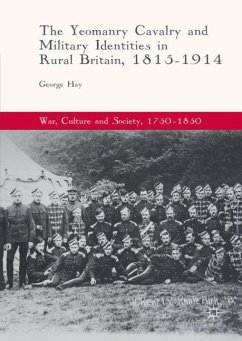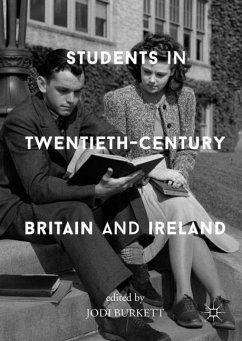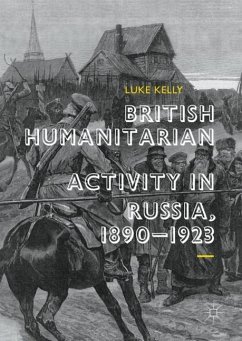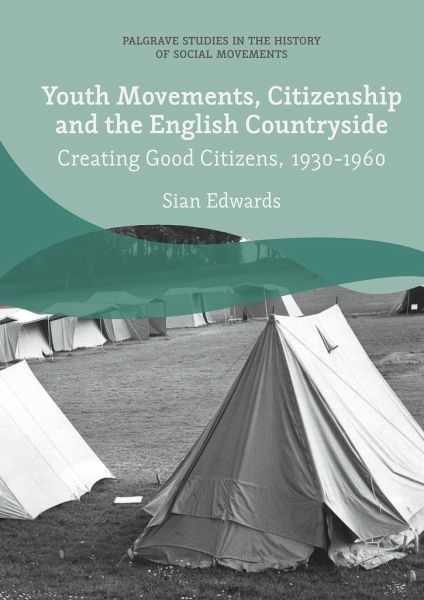
Youth Movements, Citizenship and the English Countryside
Creating Good Citizens, 1930-1960
Versandkostenfrei!
Versandfertig in 6-10 Tagen
76,99 €
inkl. MwSt.
Weitere Ausgaben:

PAYBACK Punkte
38 °P sammeln!
This book explores the significance and meaning of the countryside within mid-twentieth century youth movements. It examines the ways in which the Boy Scouts, Girl Guides, Woodcraft Folk and Young Farmers' Club organisations employed the countryside as a space within which 'good citizenship' - in leisure, work, the home and the community - could be developed. Mid-century youth movements identified the 'problem' of modern youth as a predominantly urban and working class issue. They held that the countryside offered an effective antidote to these problems: being a 'good citizen' within this cont...
This book explores the significance and meaning of the countryside within mid-twentieth century youth movements. It examines the ways in which the Boy Scouts, Girl Guides, Woodcraft Folk and Young Farmers' Club organisations employed the countryside as a space within which 'good citizenship' - in leisure, work, the home and the community - could be developed. Mid-century youth movements identified the 'problem' of modern youth as a predominantly urban and working class issue. They held that the countryside offered an effective antidote to these problems: being a 'good citizen' within this context necessitated a respectful and mutually beneficial relationship with the rural sphere. Avenues to good citizenship could be found through an enthusiasm for outdoor recreation, the stewardship of the countryside and work on the land. However, models of good citizenship were intrinsically gendered.





